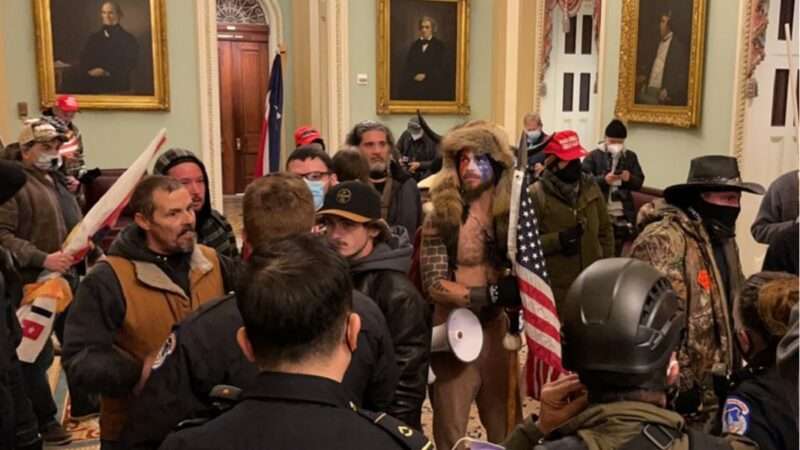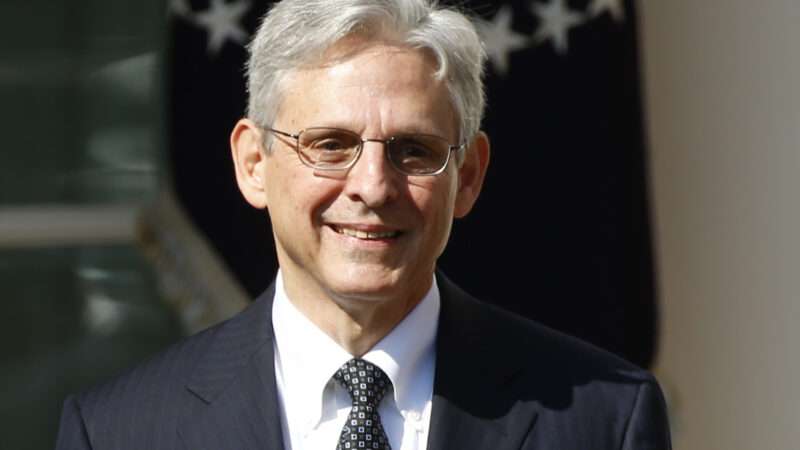I posted yesterday about my experience running for Yale Law School Federalist Society president against Sen. Josh Hawley. This has sparked many interesting conversations, including on what it actually meant to be in the group and why I joined—including as someone who has never been a registered Republican and is currently a registered Democrat. Also, as a (non-US born) woman. So I thought I would color in the lines a bit, in part because I believe this history provides a small piece of the puzzle of how we got where we got politically as a country.
I arrived at Yale Law School with socially liberal views, and economic views that are best described as idiosyncratic. On the latter front, I basically believed that government should intervene when there was a true collective action problem, and I had a fairly high bar for the amount of evidence required. Today, I am in some ways even more socially liberal than then, mainly in the sense of having gained deeper knowledge of gender and racial issues. I am also more economically liberal in the sense of being willing more quickly to accept that something is a collective action problem. This is an oversimplified summary but should give some insights as to my general framework.
Some of the Yale Law faculty during my time as a student did not provide, shall we say, the most hospitable environment for discussing a variety of ideas and perspectives in the classroom. For example, my civil procedure professor made repeated critical jokes about Republicans and then-President George W. Bush during class. The irony was that I actually agreed with said professor about the substance of his criticisms, which were focused on national security, Guantanamo, etc. But his nonchalant attitude also made me realize that this professor was potentially unlikely to welcome any views that did not match his own.
I had long-standing experience with teachers who would punish students for their viewpoints, especially during my time in public high school in Switzerland. The history teacher I had for five years was extremely ideological, handed out only materials written by himself and never a textbook, and grades depended on the level at which students were able to parrot back his views successfully. I guess at least I didn’t have the history teacher at the school who taught students that the Berlin Wall was built so that people from the West wouldn’t flee to the East!
I had concluded that disagreeing with some educators would not help much of anything and frequently kept my views to myself in the classroom. Even so, I got myself screamed at by a YLS constitutional law professor the spring of my 1L year in the main hallway of the school for suggesting the “wrong” topic for my final paper. I had proposed comparing and contrasting some aspects of history presented in John Ely’s Democracy and Distrust with those in (my now VC co-blogger) Randy Barnett’s Restoring the Lost Constitution: The Presumption of Liberty. The professor told me no and yelled at me: “I consider Randy Barnett a friend, but I refuse to read his book or any paper about his book. All he does is impose his right-wing ideology on his theory of constitutional interpretation.” Well, then.
The Federalist Society provided a forum where a diversity of ideas could be discussed. I disagreed with a good number of those ideas then and probably disagree even more with them now. And by no means do I believe every idea that exists out there is worth discussing–the conspiracy theories and other nonsense that have entered the American mainstream (and some that were always there) are not worthy of debate. But the intellectual environment of the YLS classroom was too restrictive, and the Federalist Society provided an alternative.
How the Republican party came to be dominated by populist demagogues is a complex question, but I don’t think that what conservative, libertarian, or simply idiosyncratic thinkers encountered in their classrooms throughout lower and higher education has been helpful at times. Yale Law School did not make people like Sen. Hawley what they are. But it contributed to the creation of subgroups that became their own, increasingly unreachable bubbles.
On a more positive note, while the Republican Party has largely gone off the rails, the vast majority of judges–many of them affiliated with the Federalist Society at some point in their careers–have held against Trump in his attempts to steal the election. This is true even of the judges appointed by President Trump himself. Whatever one might think of individuals affiliated with the Federalist Society, the ones who have been put on the bench haven’t simply fallen in line with the worst aspects of Trumpism.
During non-pandemic times, I regularly speak to Federalist Society student chapters across the country, and I occasionally attend faculty events. Nobody in the Federalist Society has ever told me what I could or couldn’t say, even when I have held views that I am certain the vast majority of its leadership disagrees with. In particular, some of my scholarship has taken a feminist turn that some of them likely place between the strange and the incorrect (or worse).
Federalist Society chapters vary in who they attract, and each chapter is run with significant autonomy. Some are undoubtedly dominated by bowtie types or by bros. Others by nerds who want to explore ideas. Many Fed Soc members are centrists of various sorts who abhor the MAGA crowd as much as liberals do. After the pandemic, students can see for themselves what the events at their particular school are like. Who knows, it might not be what they expect.

from Latest – Reason.com https://ift.tt/38ivagj
via IFTTT

